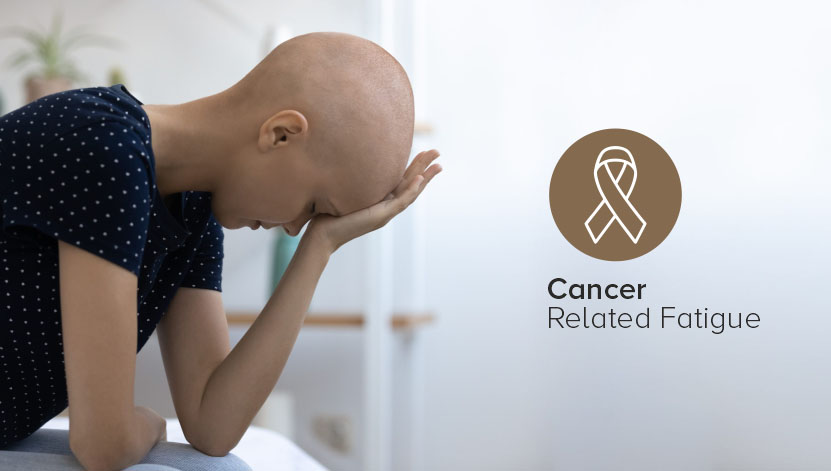For those undergoing cancer treatment or living with the disease, fatigue can be more than just feeling tired; it is a profound weariness that can't be relieved with rest. This compelling feeling is a common side effect, known as cancer-related fatigue (CRF), that can significantly impact the quality of life for individuals at any stage of their cancer journey.
